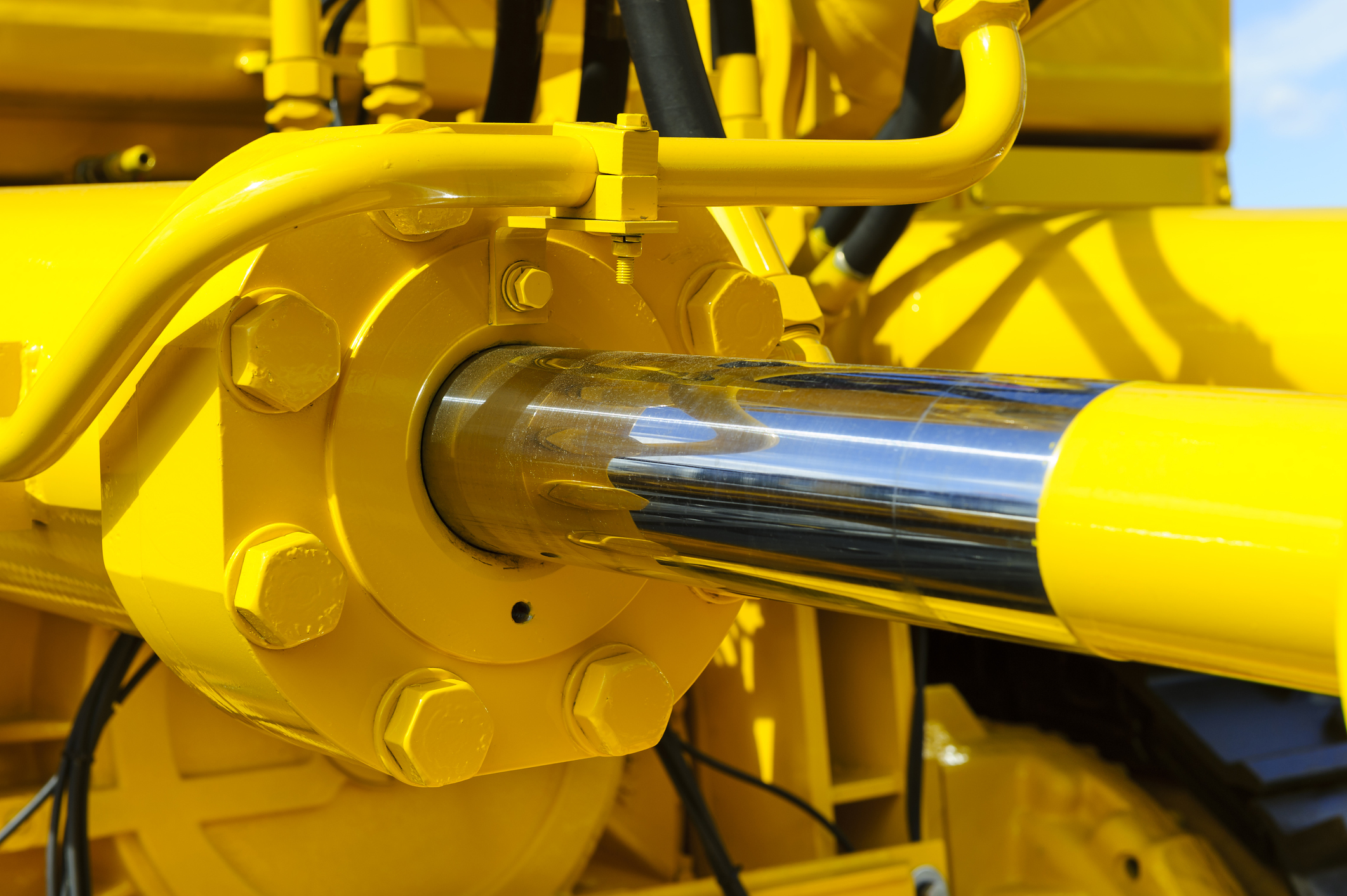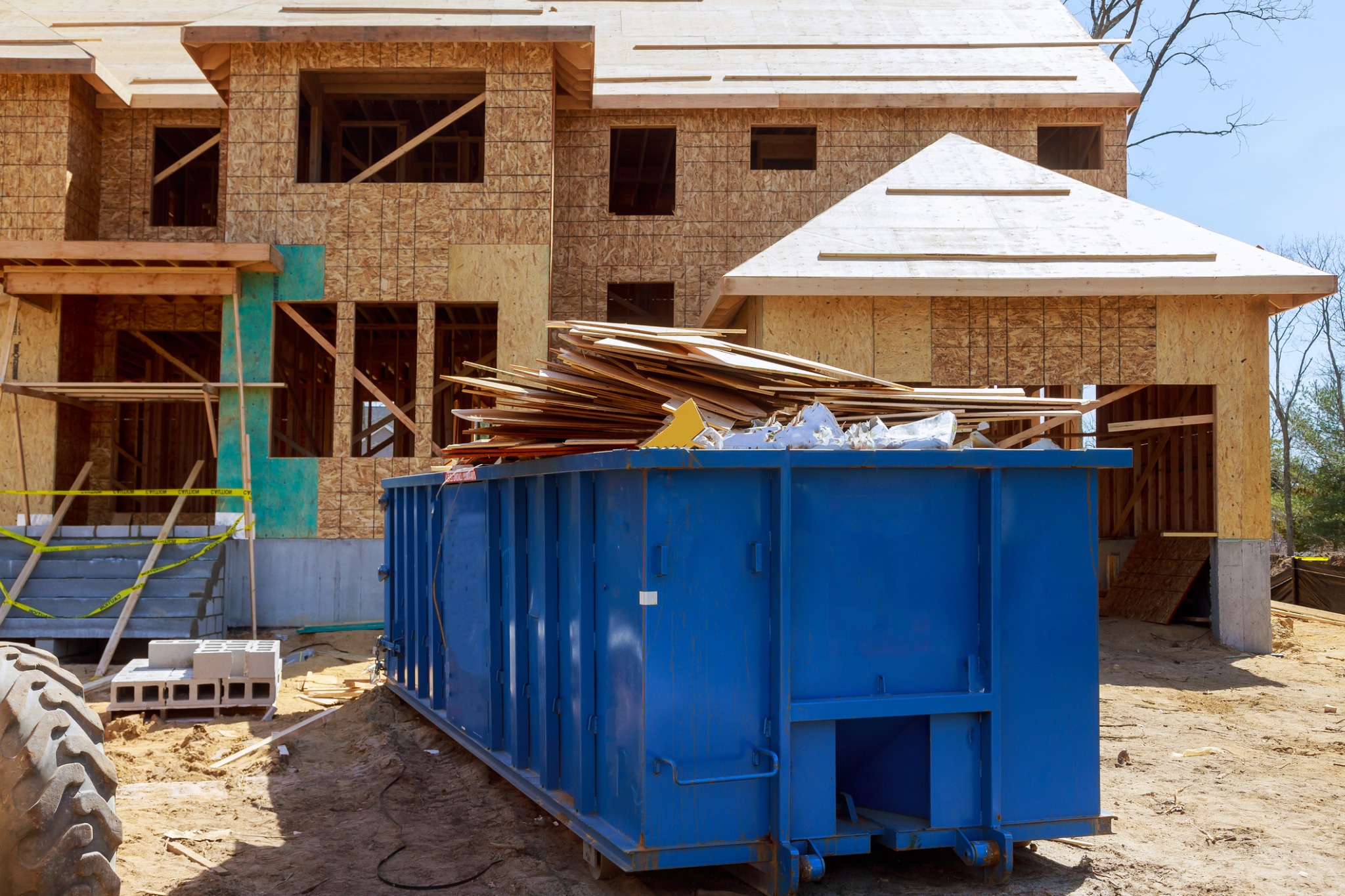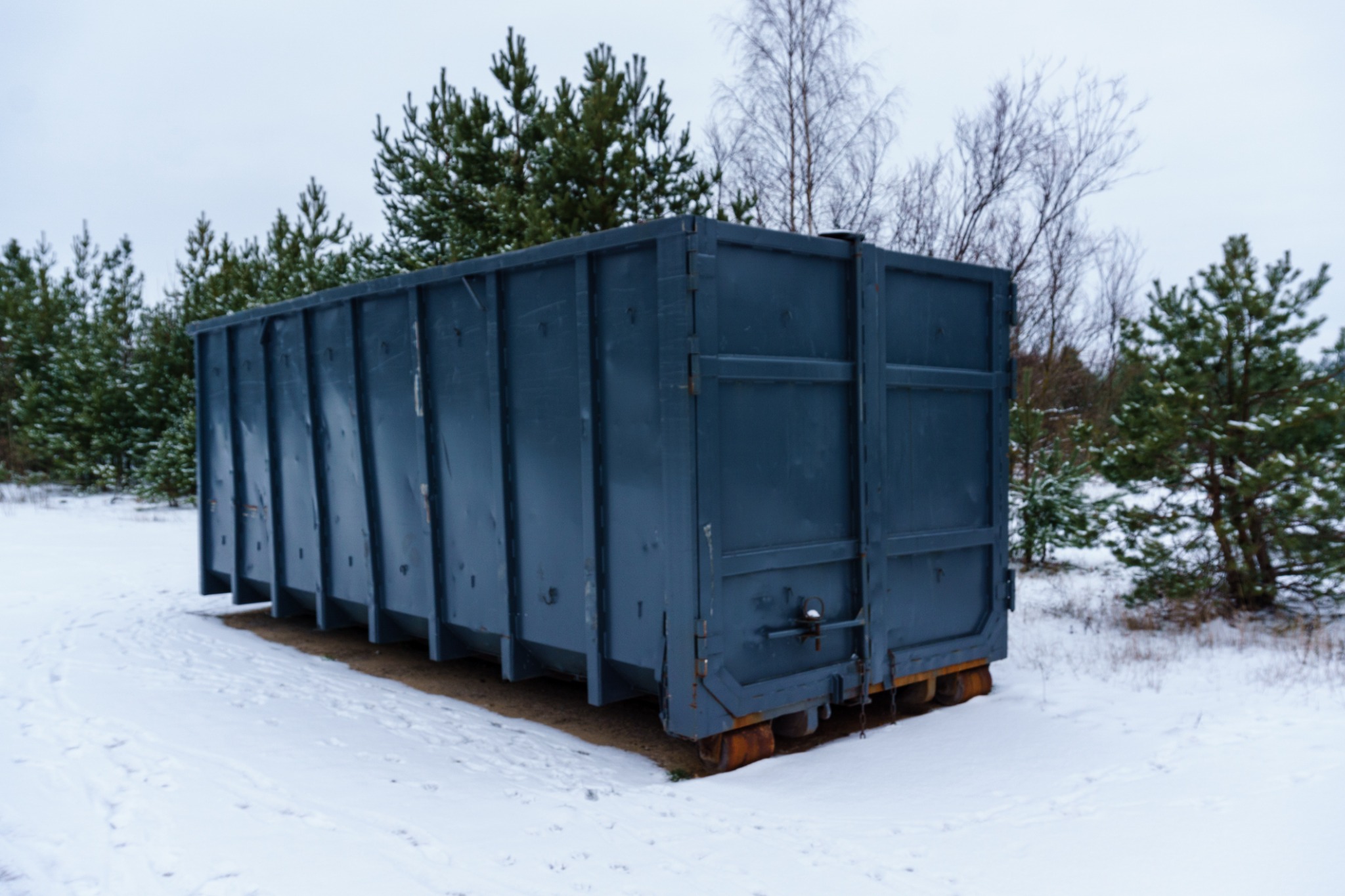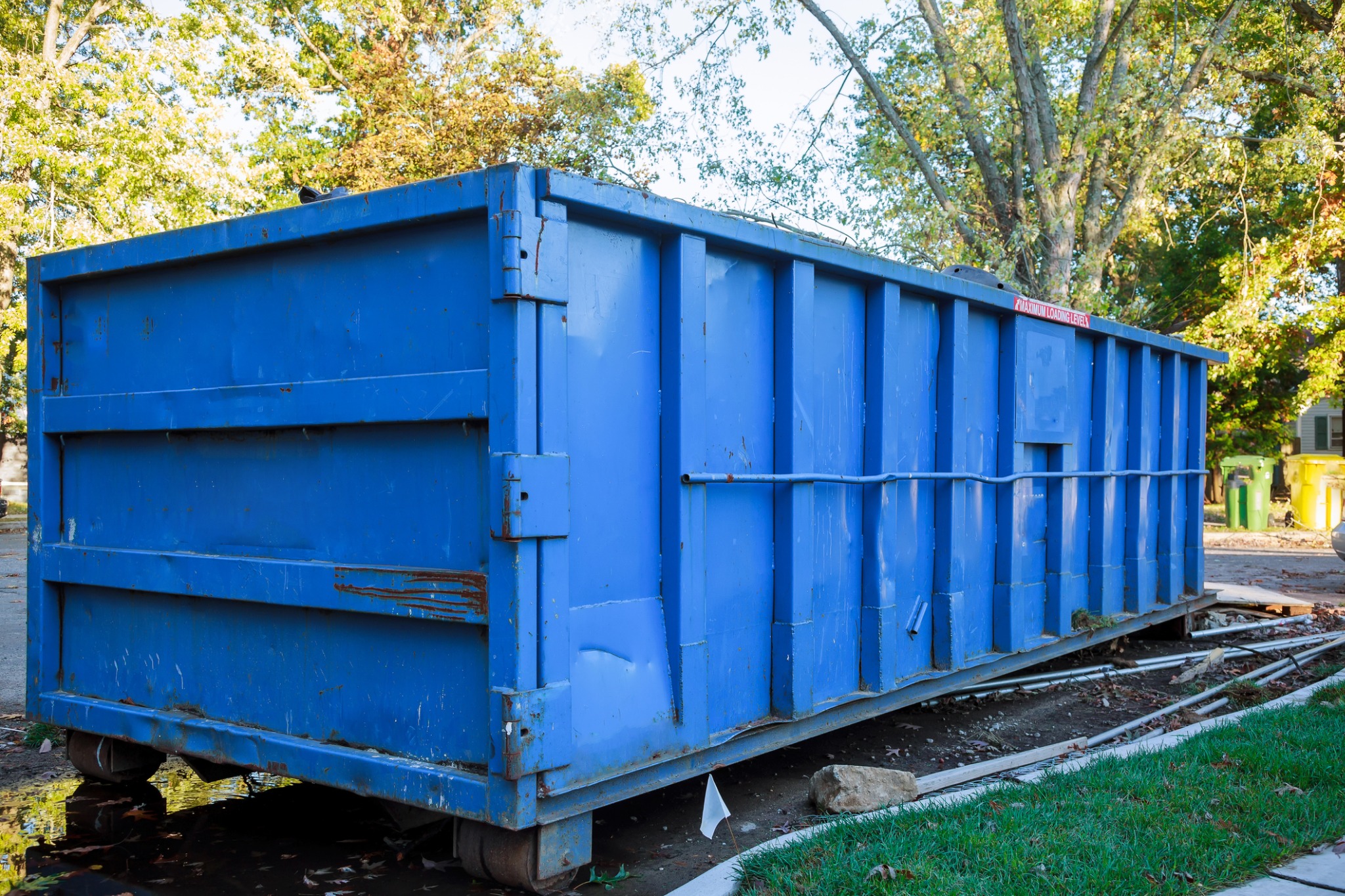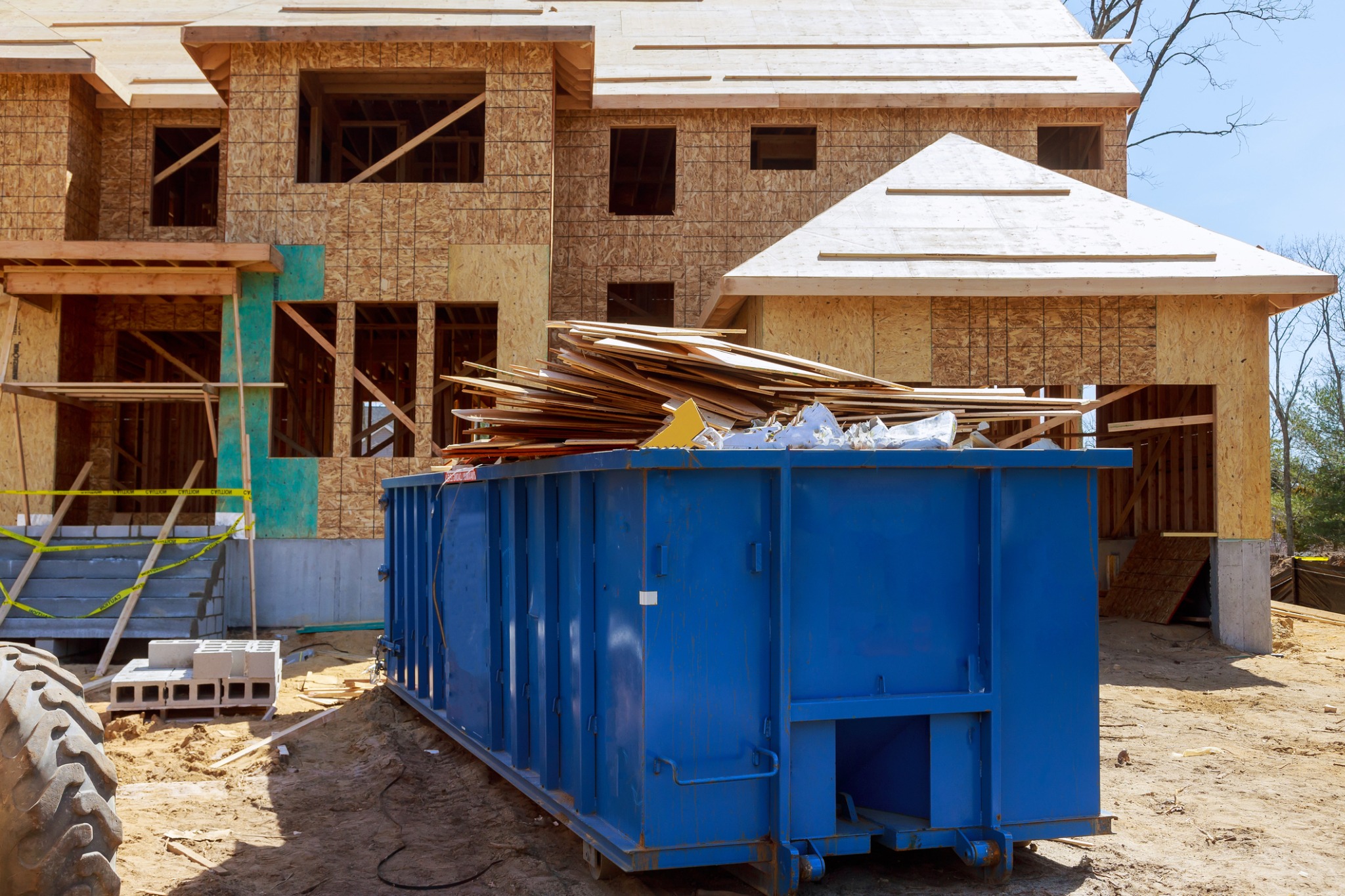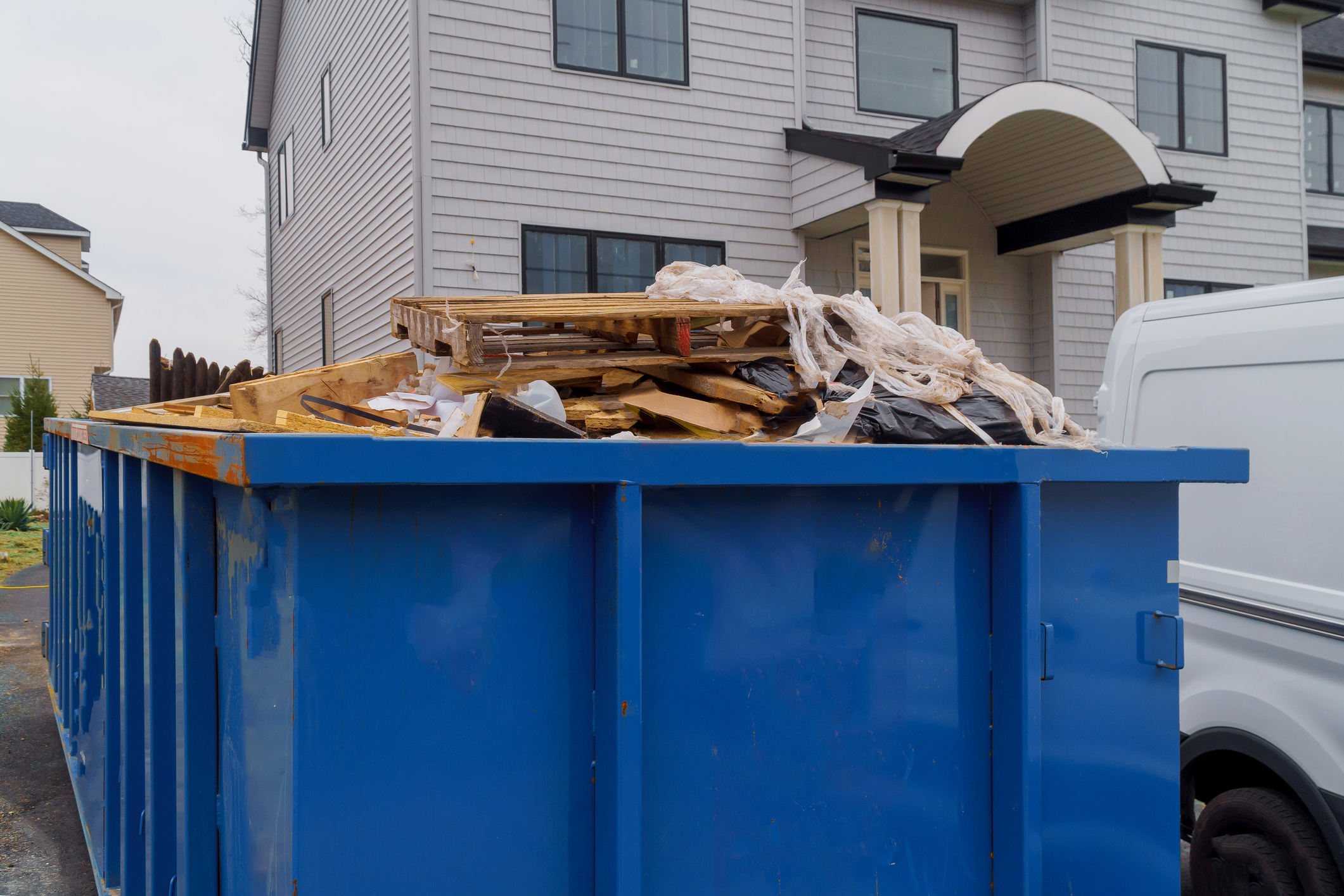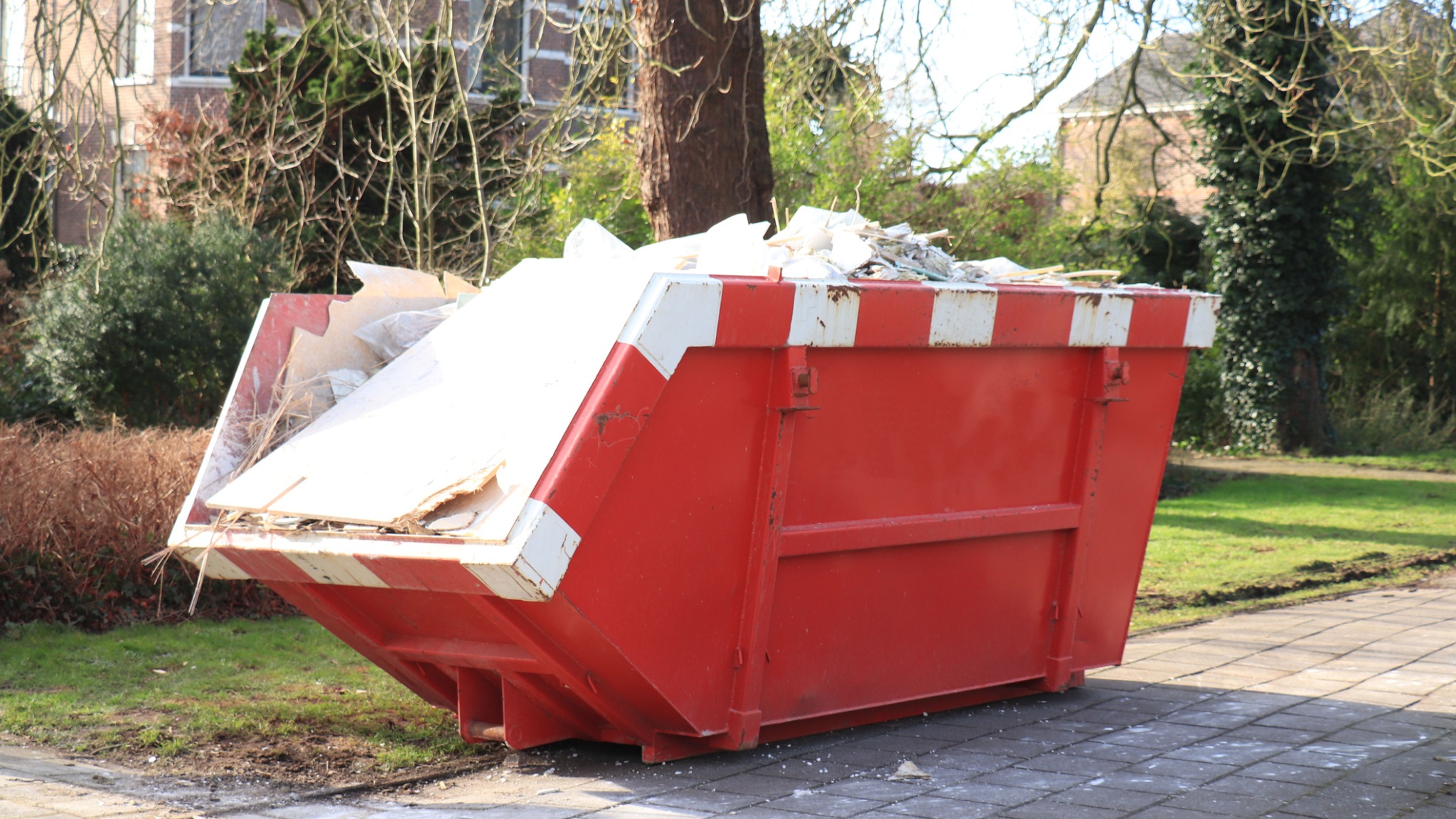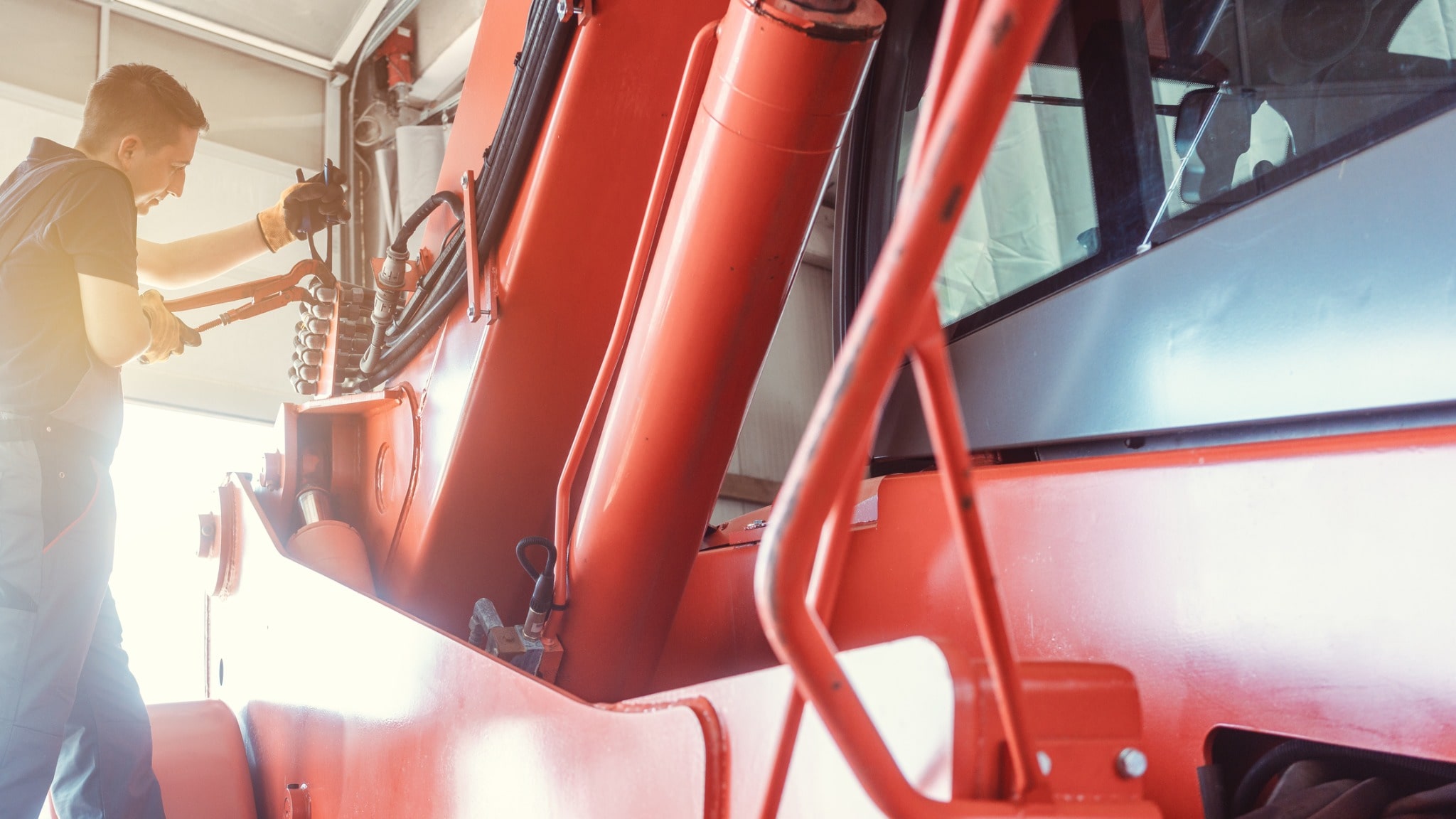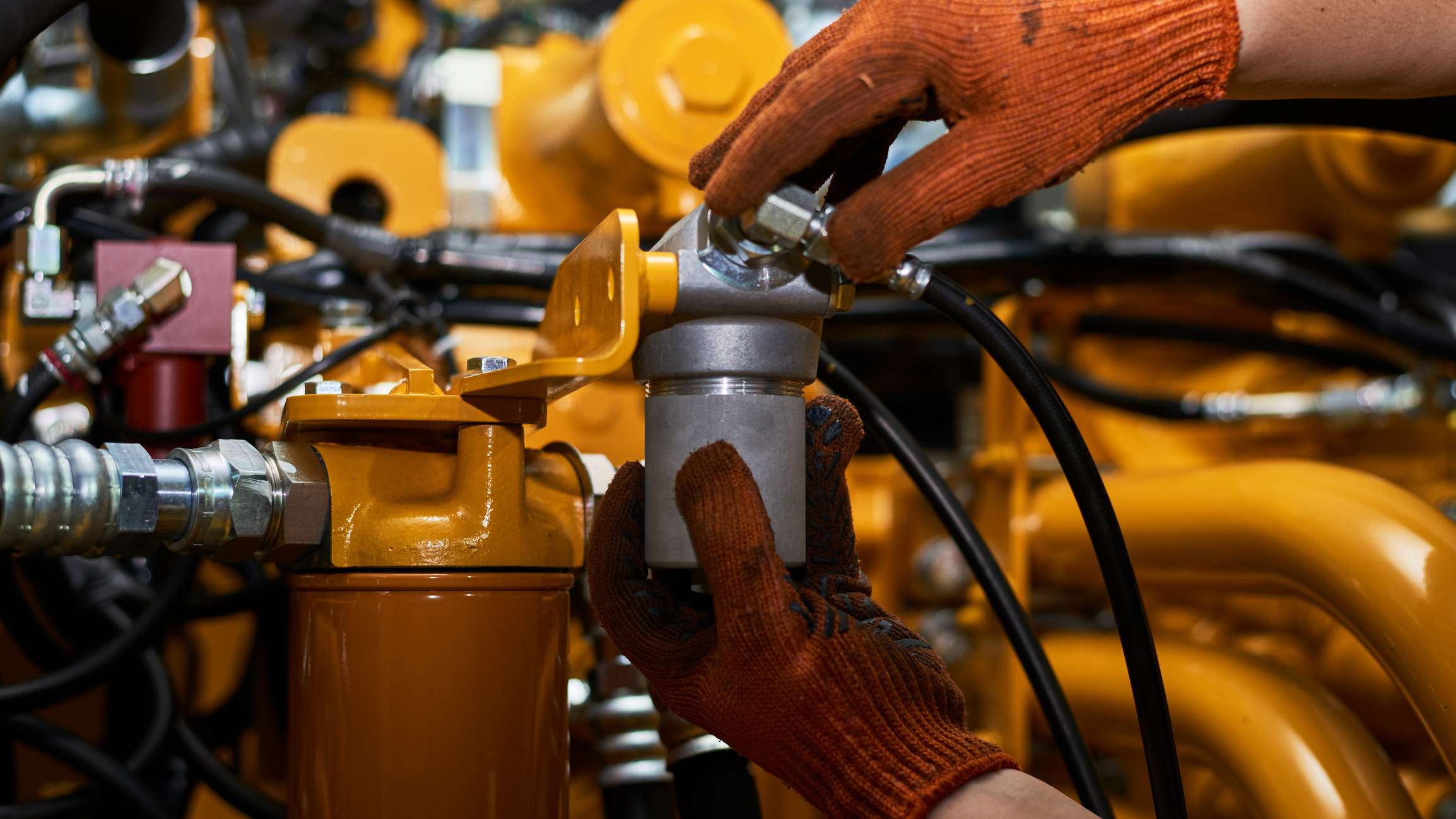When people think of energy efficiency, they often focus on the environmental effect of a process or machine. But efficiency in the world of hydraulics is about performance. It’s about getting as much as you can from your equipment. Machine requirements and fluid power all have an impact on efficiency. Despite the fact that hydraulics aren’t particularly energy efficient, there are ways to increase the hydraulic efficiency of your hydraulic devices in Ardmore. Doing so can drastically improve your business.
Understanding Hydraulic Efficiency
When discussing hydraulics, there are several types of efficiency you can measure. Volumetric efficiency refers to the flow made by a pump at a specific pressure. Meanwhile, mechanical efficiency refers to the energy loss that happens at the seals, stuffing box, and beating frame. Hydraulic efficiency considers liquid friction in the impeller and diffuser.
When you look at a motor or pump and consider its efficiency, you need to look at the volumetric, hydraulic, and mechanical efficiency. These numbers tell you how well the motor does at converting energy from one form to a different one.
In practically all energy conversions, there’s some type of heat loss. Hydraulic machines convert electrical energy to mechanical energy, then mechanical energy to hydraulic energy, and finally hydraulic energy back to mechanical energy. The entire process results in waste, which is measured with a percentage of efficiency. No matter how efficient your system is, there will be heat waste.
Why the Waste?
Older machines tend to be much less efficient than new ones. Likewise, older components are less efficient than new ones. However, even new equipment has a significant amount of waste. They’re designer to leak and leak excessively when the owners operate the machines beyond the ideal torque and speed.
Another reason for the poor efficiency is the large number of moving parts. Because every piece of hydraulic equipment has several moving parts, there are many opportunities for heat and energy loss. Fluid friction also poses another problem. It takes a trained hydraulic technician to truly understand how to make a hydraulic machine more efficient.
Why Not Give Up on Hydraulics?
With all the inefficiency of hydraulic equipment, is there any reason to continue to use it? In short, yes. Hydraulics have several advantages over electric equipment. For instance, they are capable of handling more weight and have more abilities.
The size and weight abilities of hydraulics make them more energy efficient. Instead of sizing a pump with a peak load, you can size it with the average load. And most hydraulic units can run on a smaller motor than an equally sized electromechanical model.
There’s also the fact that you can work to make your system more efficient. Is your hydraulic equipment efficient now? Probably not. But it may only take a little work to improve the efficiency. You can use better designs, sizing, and technology to make your hydraulic machines more efficient than ever.
Overall, there’s no reason to give up on hydraulics. But, if that’s the case, should you even care about efficiency?
Why Hydraulic Efficiency Matters
If you already realize the benefits of hydraulics, should you even have concerns about efficiency? Your business could depend on improving the efficiency of your hydraulics. You have every reason to make steps towards improving your system’s efficiency, or at least to paying attention to recent developments in the hydraulics space.
It’s all obvious, but it’s worth mentioning. When you make your hydraulic equipment more efficient, you do all of the following:
Increased Lifespan
You’re less likely to overwork hydraulic equipment if it’s efficient. And so, you’re also able to increase its lifespan. This saves you money on repairs as well as replacement equipment.
More Productivity
Of course, your productivity also is affected by your hydraulics. If you have efficient equipment, you can get work done faster.
More Reliability
In the end, increasing your hydraulics efficiency makes your business more reliable. People can count on you, and this improves your business’ reputation.
Ways to Improve Your Hydraulic Efficiency
If you’re ready to take measures to increase your efficiency, you should know a few things. Here are a few ways in which you can make hydraulics more efficient:
Use a Quality Pump
When you use a quality piston pump, you get an efficiency of close to 95%. There’s 80% less waste, which limits your cooling needs. As a general rule, piston pumps are among the most efficient of hydraulic pumps.
Get the Right Features
Some features make your pump more efficient. For instance, pressure compensation makes it possible to set a pump to an exact standby pressure. The pump lowers displacement to match the pressure drops, and this makes the right flow at a specific psi.
A load-sensing pump is also a useful feature. Because this pump has an extra compensator, it is able to gauge the load pressure and compare it to the compensator pressure. The resulting flow and pressure is what’s actually needed.
Use the Right Parts
When you use the proper parts for your motor, you improve efficiency. Consider the results of using a radial or axial piston motor. Respectively, they have 95% and 90% efficiency levels. Although vane motors cost less, they receive much lower efficiency ratings. In the end, picking the right components can save you money.
As time goes by, the components are becoming more and more efficient. You can replace your valves, fluid, and filters with newer and more efficient options. Fluid friction drops, and efficiency improves.
Take Advantage of Control Technology
Thanks to recent advances in control technology, your actuators can all work together to increase speed and productivity. If you use variable-frequency motor drives and other controllers, you will notice a difference in your operations.
Working with a Professional Hydraulic Device
If you have doubts about efficiency or aren’t sure what you need to do to improve the efficiency of your hydraulic devices in Ardmore, call us at Elliott Hydraulic and Equipment. We can advise you on the best ways to increase efficiency and make sure your equipment works well.

